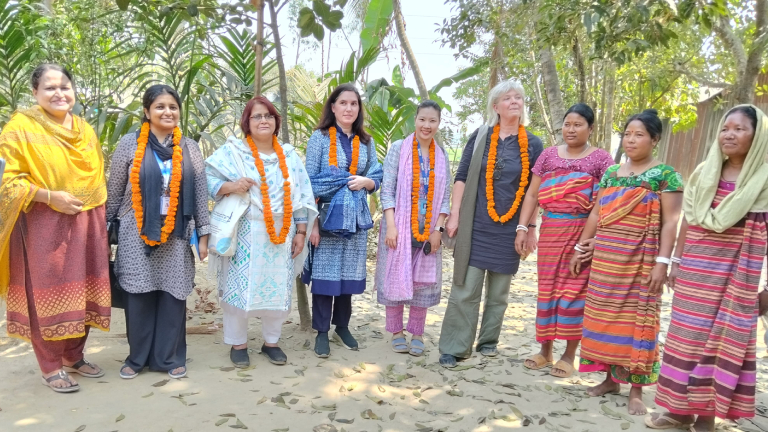In regions where marginalised voices have long remained unheard, and governance systems struggled to reflect the will and needs of all people, a new initiative emerged with a powerful mission: to empower those at the periphery of development, reinforce participatory governance, and use data-driven approaches to shape equitable policies. At the heart of this project was the commitment to achieving Sustainable Development Goals 5 and 16—gender equality and inclusive, just, and accountable institutions.
The project began by building trust within communities historically excluded from decision-making—particularly women, indigenous groups, and people living in remote or conflict-affected areas. Through community workshops, storytelling forums, and leadership training, these individuals gained not only the confidence but also the tools to advocate for their rights and influence local decision-making processes.
Simultaneously, the initiative worked to strengthen the capacity of local governance structures. Community leaders, civil society organisations, and local officials were brought together in a series of collaborative training sessions focused on participatory planning, transparency mechanisms, and the importance of inclusive dialogue. Special attention was given to integrating gender perspectives into governance processes, ensuring that women were not only participants but leaders and decision-makers in shaping their communities’ futures.
A cornerstone of the initiative was its evidence-based approach. Local data collection efforts were launched, guided by gender-sensitive and conflict-aware methodologies. These data—covering issues from gender-based violence to access to justice—were not only used to inform community advocacy but also presented to policymakers at the district and national levels. By grounding advocacy in credible, locally-sourced evidence, communities were able to influence the development and implementation of more responsive and equitable policies.
Early outcomes were tangible. In one region, women’s cooperatives influenced the local budget to include a fund for survivors of domestic violence. In another, community-led monitoring exposed corruption in land dispute resolutions, prompting judicial reforms. Across all project sites, a shift was evident: governance was no longer a top-down process, but a shared journey, where those most affected had a seat at the table.
Through a combination of empowerment, strengthened governance, and data-driven advocacy, the project became a model for achieving SDGs 5 and 16 not in isolation, but through integrated, locally rooted action. More than a development initiative, it was a catalyst for lasting change—where equality and justice were not distant goals, but lived realities.


